As Amie Engerbretson set out to make a film about snowmobiling and climate change, she figured she may as well get out ahead of the critics and name-callers, and point the finger back at herself, and call herself and the film The Hypocrite. Right around the time, Engerbretson had become involved in climate change advocacy with POW (Protect Our Winters), she had bought a snowmobile, and in came this internal/external moral dilemma and hypocrisy that she was the problem. In the film Amie, along with fellow professional skiers, teammates, snowmobilers, and climate change advocates and educators, explores the imperfect world of outdoor recreation and environmental advocacy, and how we've reached a point where one cannot happen without the other.
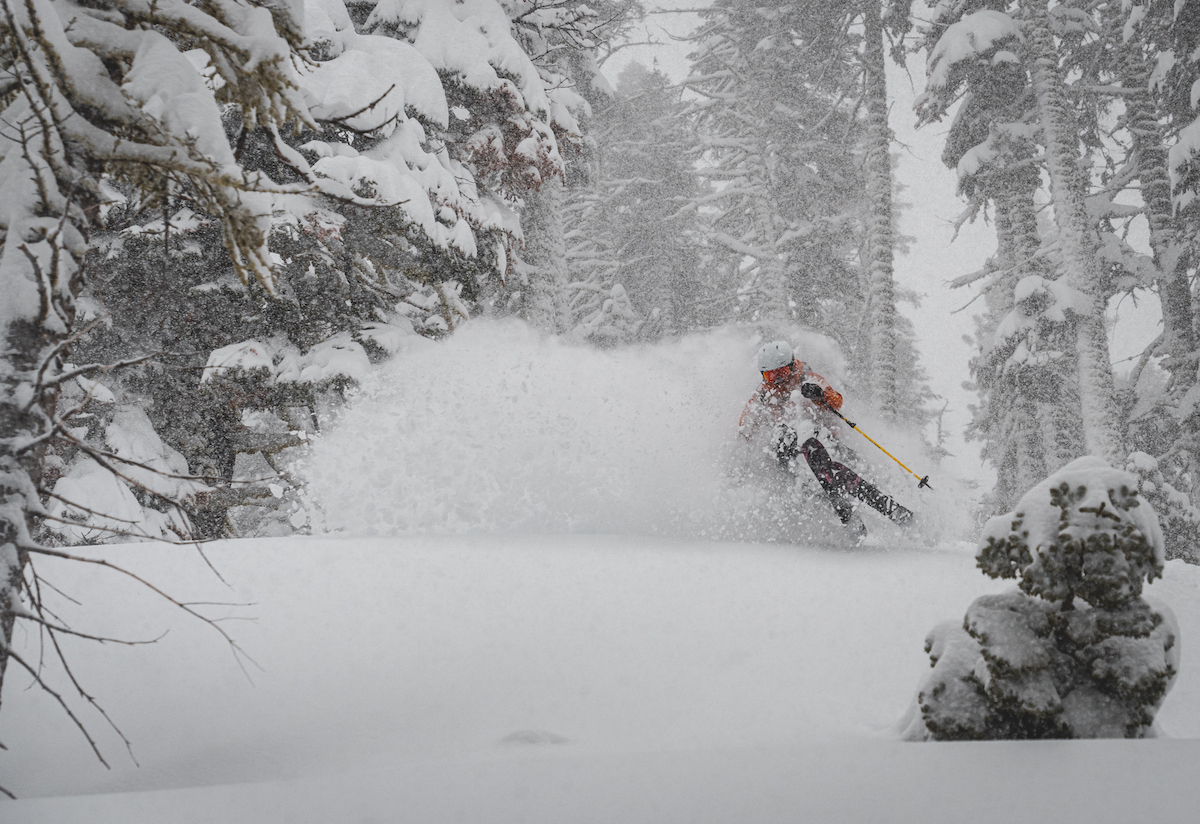
Snowmobile and/or helicopter-accessed skiing has pretty much become the norm for professional skiers. When did owning a snowmobile become essential in the evolution of your career as a skier?
I felt that the snowmobile was a pretty essential tool to add at this point in my ski career. It's a huge tool as far as accessing more, further and better terrain, and being invited on certain trips. I fell in love with the thing as well as the community of snowmobilers. I sort of thought as a blonde driving a Subaru with CA plates I may have been ostracized, and given a sort of condescending vibe. It was the opposite! I felt incredibly welcomed. It's a community that looks out for each other because we need to. When you’re in trouble and stuck, they come and help you as if it's a regular part of their day. The community finds joy in helping each other.
“If we could rally around political problems the way we rally around a stuck sled in the backcountry, we could really get some things done.”
As a public advocate against and globetrotting professional skier did you feel this sort of impending moral dilemma?
As life would have it, as I was doing more advocacy work with POW and making trips to D.C., I was also forming a relationship, falling in love if you will, with my snowmobile. I made a film called Snow Pony, which basically glorified the burning of fossil fuels. And then came the obvious feelings of guilt and hypocrisy of making this film. One could argue it's a frivolous career to begin with. My job is to influence, glorify, and drive consumerism, while jetsetting from storm to storm. There's an inherent hypocrisy in that.
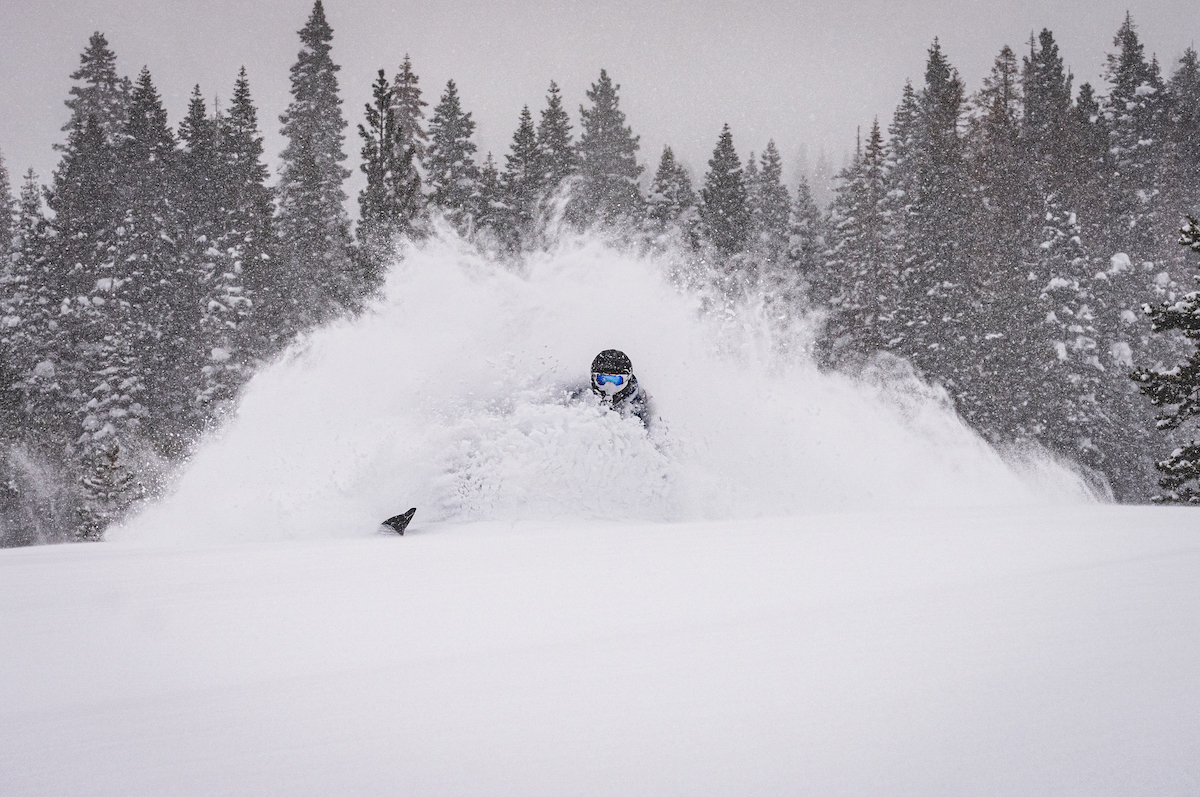
In the film, Chris Rubens, at his farm in Revelstoke, plays devil's advocate and begs the question "If we're not willing to change any of our practices, why should anybody else?" Rubens makes a strong point, especially as athletes and influencers have chosen to put the spotlight on themselves, that their actions have hundreds of thousands of followers and views.
When we put the blame all on ourselves as individuals it makes it difficult to move forward and unite and try to be perfect. Since we can't be perfect, we're not going to engage. That's what the fossil fuel industry wants. What we can do is make it the cultural norm in our community to engage with political systems from the federal level to your local community. You don’t have to become some Instagram climate advocate like I have, that's just my power level that I’m using.
What can we do as snowmobilers, skiers, and outdoor environmentally minded recreators then?
Unify, and reprogram the way we think and act about issues that relate to climate change and who gets to be involved in the conversation. Why are we fighting about who is going to be able to use the forests if the forests are burning down? We need to have the same sense of stewardship and engagement that we use in the backcountry as humans and members of society and this planet. The status quo needs to change. We call people out for not having proper gear in the backcountry, right? Can’t we do the same for not engaging with political systems, or not being a responsible steward of this planet?
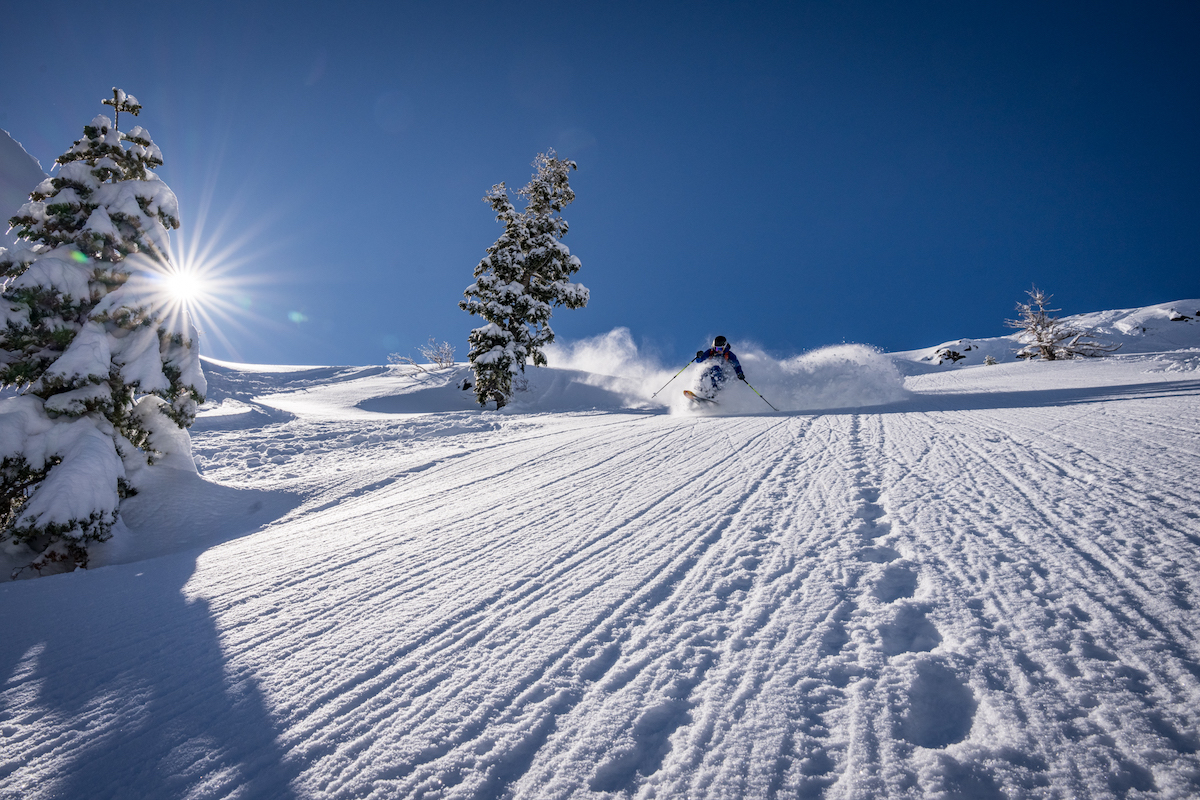
Nature, and the joy we have in the outdoors, is our common thread. That should motivate us to preserve it. There is a lot of apathy in our community. People say, “This is my ‘me time’, don't bring your politics to the trail,” but we don’t have that luxury anymore. We can’t have that apathetic attitude be a part of our community anymore. It’s time for people to be engaged citizens. To vote for a climate-minded candidate from the federal level down to the town and county level. To know what's going on in your company, and even who is on the board of your rural electric cooperatives.
As depicted in the film, the skier vs. snowmobiler vs. environmentalist dilemma is a small piece of the puzzle. How does it relate to the bigger picture?
I used the snowmobile vs. skier story because that's kind of the dilemma I was facing. It's a very polarizing visual. Yet, it’s not only about people who drive snowmobiles. It's about people who drive trucks because they need to, or are construction workers, and all these things we’re not at liberty to change or control.
We can all do our part, and sure reducing our carbon footprint by driving or flying less to go skiing, to work, or snowmobiling does help. It's a small molecule over water in a big ocean of the problem. At a certain point we as individuals will have to make different choices and adjust our lifestyles. This idea of reducing your carbon footprint is already a pretty privileged option to choose from. It would disproportionately affect minorities and people of color. Basically only very privileged people can afford any of the solutions out there, like paying for solar panels or buying a Tesla or changing how you work to be more carbon-effective. A lot of people don’t have that luxury. Your work is on the other side of that mountain and you can’t afford to live there which means you can’t bike to work.
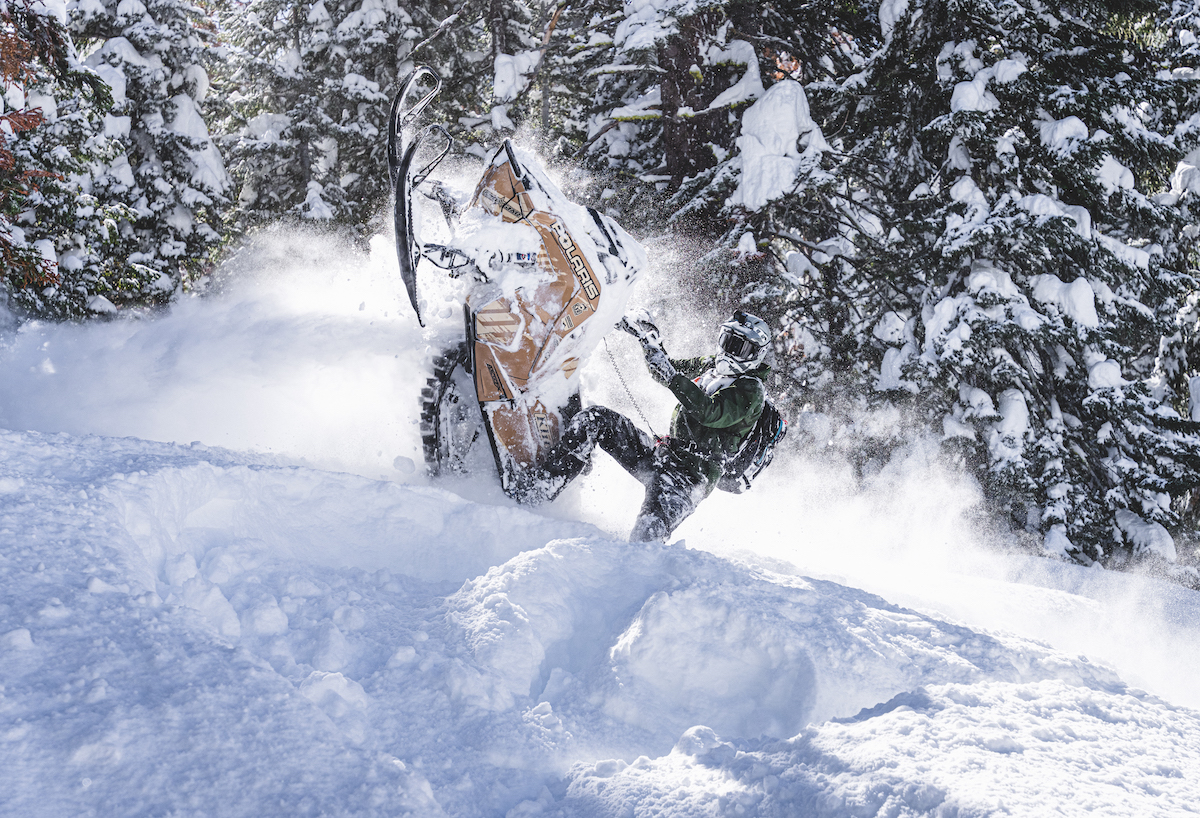
What you’re saying is that we’re beyond the point of individual action making a dent in the fight against climate change?
According to every expert I’ve talked to in climate solutions, there is a complete consensus that the only thing to be done about climate change right now is political and systemic. That is the only driver of real change. The most recent IPCC (Intergovernmental Panel on Climate Change) states that individual action against climate isn’t enough. It has to be systemic change driven by our political will in our society.
According to POW Science Alliance Team Captain Nina Aragon, systemic change is "our energy infrastructure, our transportation standards, and even building codes need to change, with solutions that everyone has access to."
One of the main themes of the film is that you are not alone in this dilemma/hypocrisy, how did that feel?
It was so encouraging because I was really nervous. It’s been a terrifying experience. All these screenings and sharing it on the internet is going to be a whole new level of terrifying. It puts me in a super vulnerable position. And to reach out to my peers and realize so many people feel the same has been huge. So many folks I have engaged have shared: “I’m so glad you’re starting this conversation … and glad it wasn’t me.” Anytime you’re vulnerable in a situation you realize you’re not alone and can find support in that vulnerability
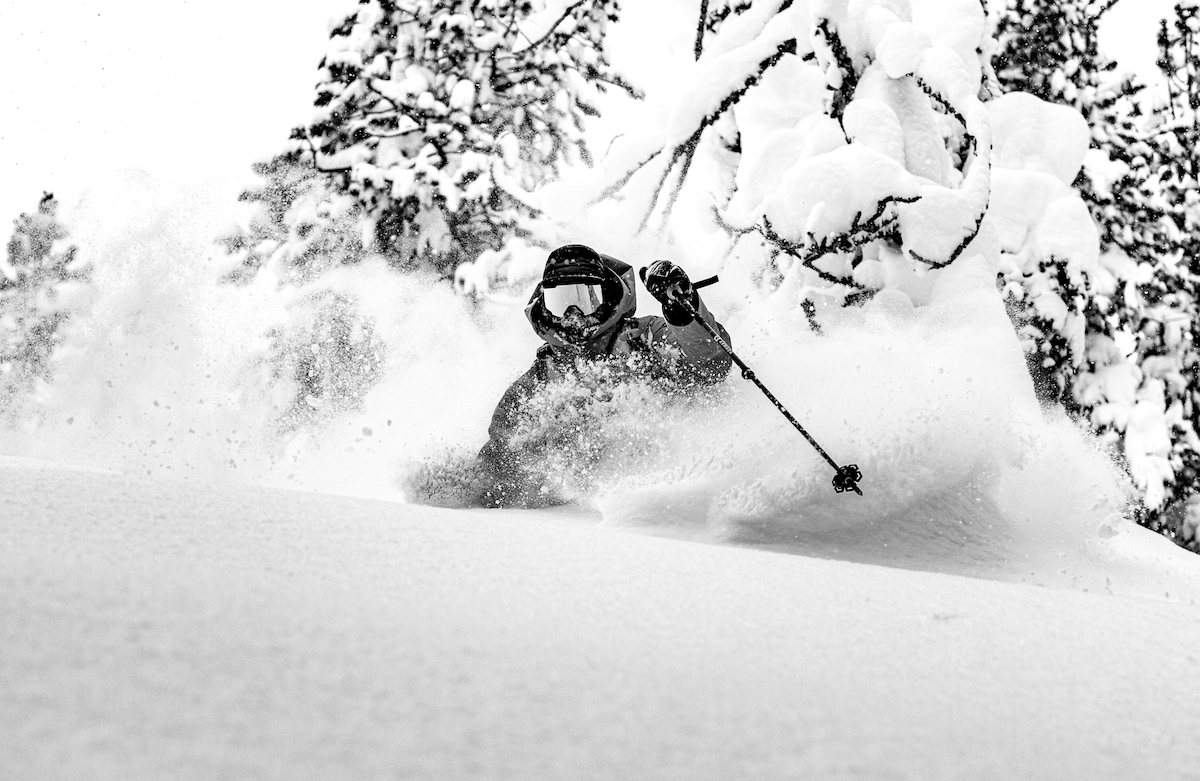
Photo: Jeff Engerbretson
How did it feel to have Jeremy Jones onboard and in The Hypocrite?
Having Jeremy onboard was really important for this film. He’s been called so many gnarly things, and been called a hypocrite the most. He’s had to be careful with how he presents himself and what modes of transportation he uses, etc. Just having Jeremy be a part of the film adds some validation. He’s dedicated his life to these causes and being willing to be in this movie about snowmobiles is a pretty big step.
He founded POW (Protect Our Winters) and all the training I’ve gotten through POW has helped shape me in the work of advocacy and systemic change.
Every person, and brand involved with this film is standing with me in solidarity calling themselves a hypocrite. Jeremy is a figurehead in our community. If I’m the only hypocrite it's easy to destroy me, but if we’ve all acknowledged that we’re all hypocrites, it’s different. We’re clearing out that negative energy of blame and shame, making way for positive energy towards positive momentum and the systemic shift that we need.
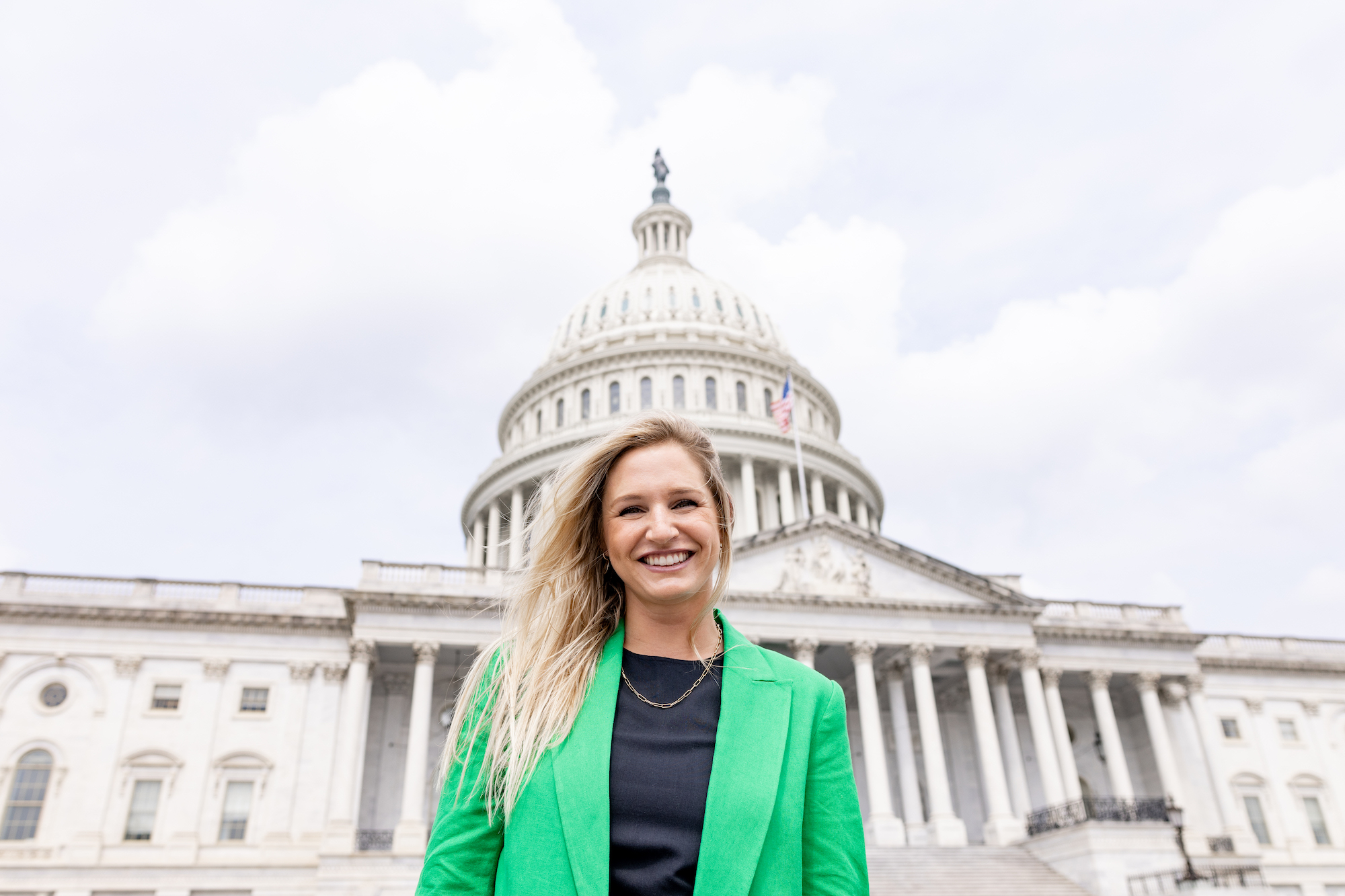
Photo: Iz Lamotte
This film is already stimulating conversation in the outdoor community around climate change. Was that one of your main goals?
This film will inspire difficult conversations, and I hope that for the most part, it spawns commraderie on the issue. Coming together, that shared experience, that's going to open up the pathway for more fruitful and genuine conversations with less hate and judgment, and more compassion and understanding. Also to make people realize the power, size, and ability of our community and the outdoor industry.
The official film release of The Hypocrite is Wednesday, February 21, 2024.
Continue the discussion at Protect Our Winter's website.
Want to learn more? Join us at one of our in person screenings in March including Sierra Nevada beer tasting and panel discussion. For tour and screening beta, go to The Hypocrite Film Page.



dub_xion
February 20th, 2024
Great interview here! Calling someone a hypocrite is pretty low-hanging fruit and ultimately just an ad-hominem attack that doesn’t actually advance the argument at all. As humans, it’s quite natural to have conflicting parts of ourselves that act in inconsistent ways and have conflicting motivations. In some ways it’s something we can take advantage of to put ourselves in situations where dialogues can be entered into and connections made that might otherwise not happen.